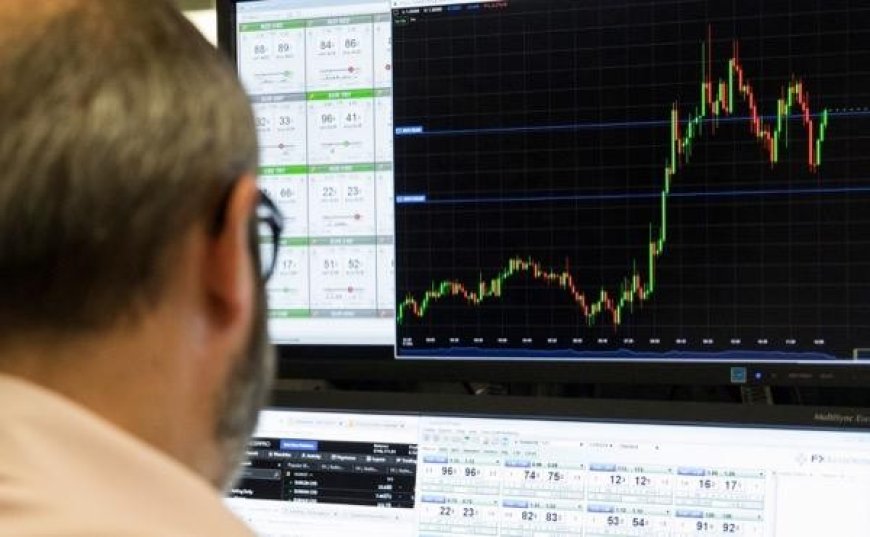Forex Trading vs. Stock Trading: Differences in Their Key Comparison

Forex and stock trading are two of the most popular investments, but with many differences in between. Knowing them helps investors choose which market best serves their goals and level of risk tolerance. Despite the fact that both markets have profit potential, there is a significant difference in their organization, hours of operation, and other factors influencing their prices.
One of the biggest differences between Forex and stock trading is its market structure. Forex is buying and selling currency pairs, such as EUR/USD or GBP/USD. This always means one currency is being traded against another. In stock trading, you will be buying shares in specific companies. In essence, a stock is a part of that company for which you are buying, and its value will depend on how the company is doing or how the overall market is moving.
The other major difference is the hours of operation. The Forex market operates 24 hours a day, five days a week, making it much easier to trade the markets in different time zones. Since Forex is decentralized, there is no central exchange; hence trading takes place throughout the day. The stock market operates according to a set schedule of hours since it is based in the country. For example, the New York Stock Exchange opens from 9:30 am up to 4:00 pm EST. This allows Forex traders the advantage of more opportunities to trade when the stock market is not open.
Another critical factor is liquidity. Forex trading is the biggest and most liquid financial market in the world. There is an enormous turnover of money on a daily basis, and spreads are low, especially on major currency pairs-over $6 trillion a day. This means it is easier to get in and out quickly-this is good for short-term traders. On the other hand, the liquidity in the stock market varies. While the high-capitalization stocks will hold the liquidity, some of those smaller stocks have less volume lines and are therefore somewhat harder to move without affecting prices.
Volatility is a problem too. Such factors within the economy also keep altering the currency values and could turn on a dime with interest rate changes, geopolitical events, and even data releases. There's this fair chance of high returns but great risks involved. Again, earnings reports, company news, and other general market sentiment considerations affect stock prices; however, they tend to often be less volatile than Forex in nature. The price movement of a stock trader may seem smoother, but with Forex traders, there are greater fluctuations, even in the shortest time.
One of the main differences is leverage. A broker for Forex trading provides more leverages than stock brokers, and it makes sense to control larger positions with less amount of capital. It amplifies gains but maximizes the loss a trader can make. Lower value of leverage in a case of stock trading limits possible gain as well as possible losses.
A true trader in both the Forex and stock trade will require a strategy, discipline, and risk management. They are constructed very differently and so are the levels of volatility; however, an opportunity awaits in each of these markets. You would know what best suits your trading purpose and risk tolerance knowing the key differences.
What's Your Reaction?























